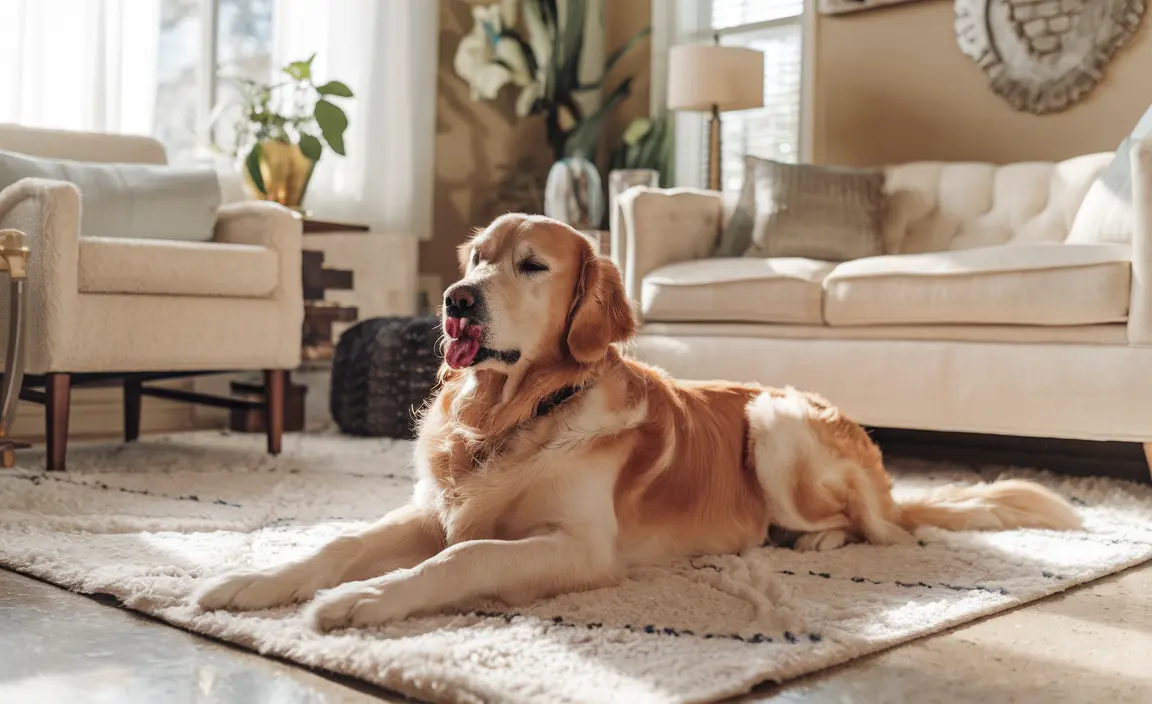Dog owners often find themselves puzzled and concerned when their beloved pet can't seem to stop chewing, biting, or licking their paws. This repetitive behavior isn't just annoying—it can be a sign of underlying health issues that require careful attention and professional insight.
Understanding why your dog is obsessively chewing its paws is crucial for providing timely and effective care. From allergies and infections to anxiety and environmental factors, numerous reasons could be driving this troubling behavior.
Common Reasons Dogs Chew Their Paws
Allergic Reactions: A Major Culprit
Allergies are one of the most common reasons dogs chew their paws. These can stem from various sources, including:
- Food allergies
- Environmental allergens like pollen or grass
- Flea or insect bite sensitivities
- Seasonal changes affecting skin health
When dogs experience allergic reactions, their paws become itchy and irritated, leading to persistent chewing as a way to find relief. Identifying the specific allergen can help prevent future incidents and provide targeted treatment.
Infections and Skin Irritations
Bacterial and yeast infections can cause significant discomfort for dogs, prompting them to chew their paws continuously. These infections often manifest with:
- Redness between toe pads
- Swelling
- Unusual odor
- Persistent itching
Left untreated, these infections can worsen and lead to more complex health issues. Regular paw inspection and maintaining good hygiene can help prevent such problems.
Pain and Physical Discomfort Triggers
Injuries and Structural Issues
Dogs might chew their paws in response to physical pain or discomfort. This could be caused by:
- Cut or wounded paw pads
- Overgrown or broken nails
- Small foreign objects stuck between toes
- Arthritis or joint pain
When dogs experience localized pain, chewing becomes a natural response to alleviate discomfort. Careful examination and gentle handling can help identify these issues.
Psychological Factors Behind Paw Chewing
Anxiety and Behavioral Challenges
Psychological factors play a significant role in excessive paw chewing. Dogs might resort to this behavior when experiencing:
- Separation anxiety
- Boredom
- Stress from environmental changes
- Lack of mental stimulation
For dogs struggling with anxiety, paw chewing can become a self-soothing mechanism, similar to how humans might bite their nails when nervous.
Effective Management and Treatment Strategies
Professional and Home Care Approaches
Managing paw chewing requires a multi-faceted approach:
- Consult a veterinarian for comprehensive diagnosis
- Use hypoallergenic wipes to clean paws after outdoor activities
- Implement regular grooming routines
- Provide mental stimulation through interactive toys
- Consider anxiety-reduction techniques
Each dog is unique, so treatment plans should be tailored to individual needs and underlying causes.
Frequently Asked Questions
Why do dogs chew their paws excessively, and how can I identify the underlying cause?
Dogs chew their paws due to various reasons like allergies, infections, pain, or psychological stress. Careful observation of accompanying symptoms and consulting a veterinarian can help pinpoint the exact cause.
How can I treat bacterial or yeast infections that cause my dog to chew its paws?
Treating infections typically involves veterinarian-prescribed topical or oral antibiotics. Keep the affected area clean, dry, and follow your vet's specific treatment recommendations.
What are the best home remedies to soothe and relieve itchy paws in dogs?
Home remedies include using hypoallergenic wipes, applying veterinarian-approved soothing sprays, ensuring proper hygiene, and addressing potential allergens in the dog's environment.
How can I prevent my dog from chewing its paws due to anxiety or boredom?
Provide plenty of physical exercise, mental stimulation through interactive toys, consistent training, and consider professional behavioral therapy if anxiety persists.
When should I take my dog to the vet if it continues to chew its paws despite home remedies?
If paw chewing is persistent, accompanied by visible wounds, significant swelling, limping, or signs of infection, immediate veterinary consultation is recommended.






